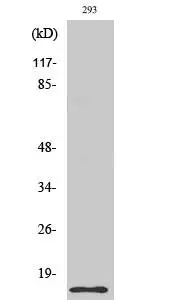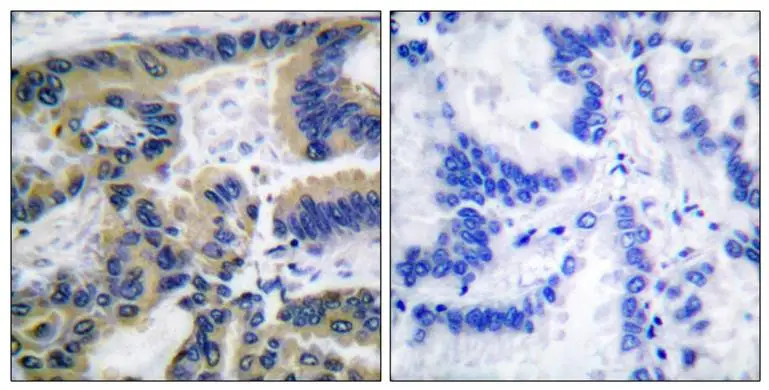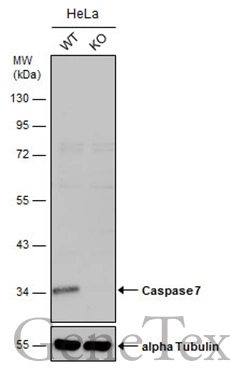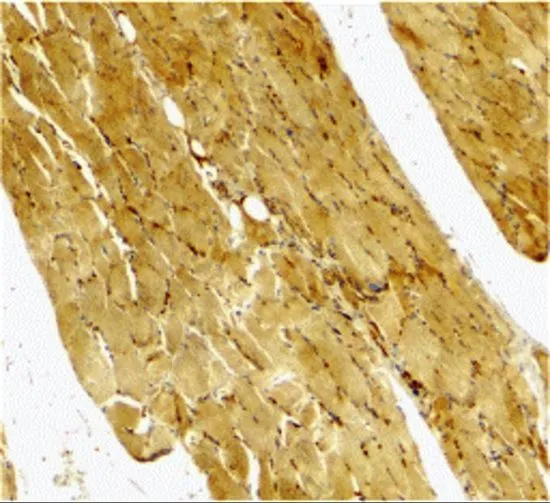
WB analysis of 293 cell lysates using GTX86925 Caspase 7 (cleaved Asp198) antibody.
Caspase 7 (cleaved Asp198) antibody
GTX86925
ApplicationsWestern Blot, ImmunoHistoChemistry, ImmunoHistoChemistry Paraffin
Product group Antibodies
ReactivityHuman
TargetCASP7
Overview
- SupplierGeneTex
- Product NameCaspase 7 (cleaved Asp198) antibody
- Delivery Days Customer9
- Application Supplier NoteWB: 1:500~1:1000. IHC-P: 1:50~1:100. *Optimal dilutions/concentrations should be determined by the researcher.Not tested in other applications.
- ApplicationsWestern Blot, ImmunoHistoChemistry, ImmunoHistoChemistry Paraffin
- CertificationResearch Use Only
- ClonalityPolyclonal
- ConjugateUnconjugated
- Gene ID840
- Target nameCASP7
- Target descriptioncaspase 7
- Target synonymsCASP-7, CMH-1, ICE-LAP3, LICE2, MCH3, caspase-7, ICE-like apoptotic protease 3, apoptotic protease MCH-3, caspase 7, apoptosis-related cysteine peptidase, caspase 7, apoptosis-related cysteine protease
- HostRabbit
- IsotypeIgG
- Protein IDP55210
- Protein NameCaspase-7
- Scientific DescriptionThis gene encodes a member of the cysteine-aspartic acid protease (caspase) family. Sequential activation of caspases plays a central role in the execution-phase of cell apoptosis. Caspases exist as inactive proenzymes which undergo proteolytic processing at conserved aspartic residues to produce two subunits, large and small, that dimerize to form the active enzyme. The precursor of the encoded protein is cleaved by caspase 3 and 10, is activated upon cell death stimuli and induces apoptosis. Alternatively spliced transcript variants encoding multiple isoforms have been observed for this gene. [provided by RefSeq, May 2012]
- ReactivityHuman
- Storage Instruction-20°C or -80°C,2°C to 8°C
- UNSPSC12352203
References
- Wang YY, Xiao LY, Chen YK, et al. Orabase-Formulated Benzalkonium Chloride Effectively Suppressed Oral Potentially Malignant Disorder In Vitro and In Vivo. ACS Omega. 2020,5(12):7018-7024. doi: 10.1021/acsomega.0c00640Read this paper







